Blog Posts Tagged RF Module
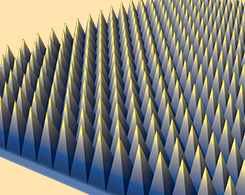
How to Numerically Simplify Your Periodic RF Models
Looking for an easier way to model periodic RF structures, such as frequency selective surfaces, electromagnetic band gap structures, reactive and high impedance surfaces, and metamaterials?
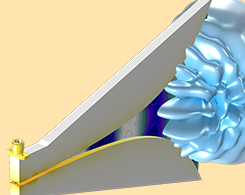
Your Guide to the Physics Interfaces and Studies in the RF Module
The RF Module includes 4 physics interfaces and studies that you can use to analyze electromagnetic wave propagation and resonance behavior in your RF analyses.
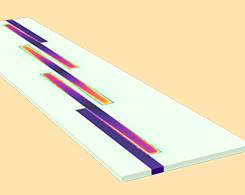
Your Guide to Lumped Ports in the RF Module
Your guide to the 4 different types of lumped ports that you can use for your RF analyses, as well as the different modeling scenarios in which each type is applicable.
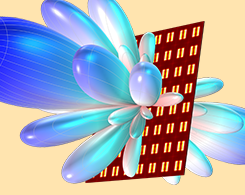
How to Synthesize the Radiation Pattern of an Antenna Array
You can study and prototype a phased array antenna without analyzing the entire structure through a full 3D wave equation (saving time and computational costs) by using an antenna array factor.
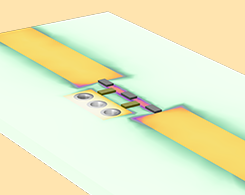
How to Simplify a Two-Port Device Model Using a Touchstone File
Say you’re modeling a two-port device and want to reduce the computational resources involved. We demonstrate one way to do so, involving a Touchstone file…
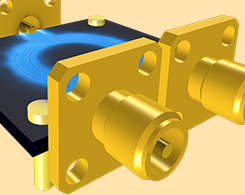
RF Module Part Library: An Easier Way to Model RF Devices
Sometimes, your models need to include connectors. Instead of spending time creating geometries for each connector, you can simply add them from the Part Library.

Keynote Video: Optimizing Test Connector Designs with RF Simulation
At Signal Microwave, RF simulation is used to optimize test connector designs quickly and efficiently, giving the organization a unique advantage when it comes to being a small business.
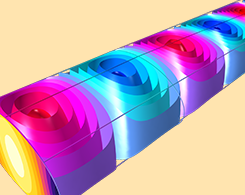
How to Use Numeric Ports in Your RF Analyses
When performing RF analyses in the COMSOL® software, you can use numeric ports to compute the mode of a port with an arbitrary shape. This demonstration includes a waveguide adapter example.
